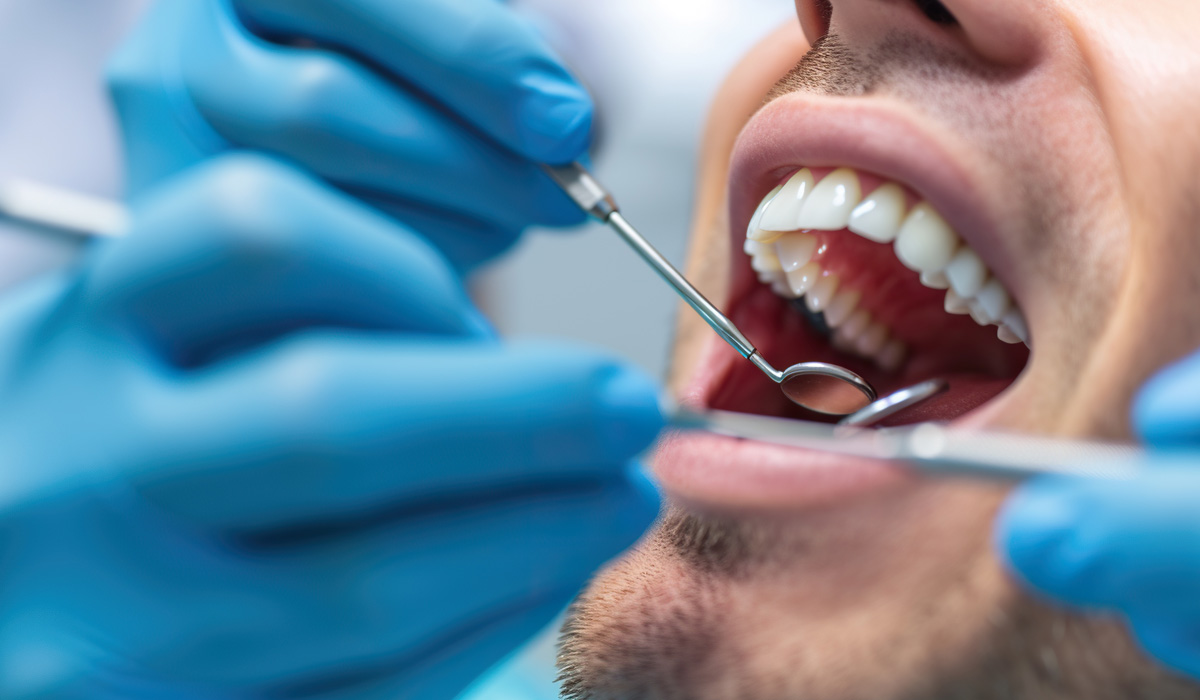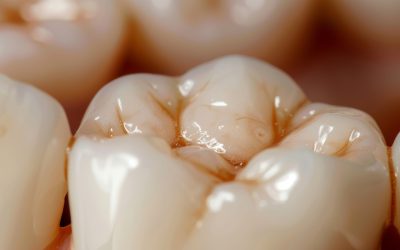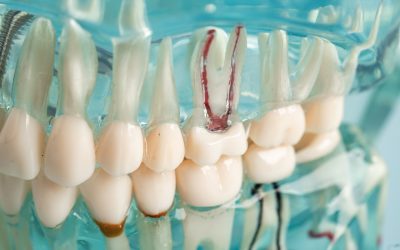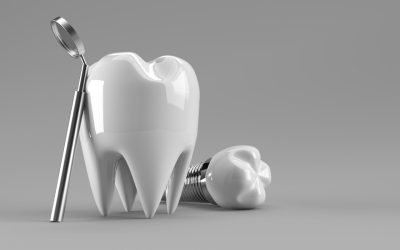Wisdom teeth, also known as third molars, are the last set of teeth to develop and typically emerge in the late teenage years or early twenties. While some individuals experience no issues with their wisdom teeth, many face complications that require removal. This blog will walk you through what wisdom teeth are, why they often need to be removed, and how to recover from the procedure.
Understanding Wisdom Teeth Removal: The Basics
Wisdom teeth are located at the back of your mouth, one in each corner. For some, these teeth emerge without issue and fit properly alongside their other teeth. However, for most people, wisdom teeth cause various complications, leading to the necessity of removal.
One of the most common reasons for removal is impaction, which occurs when there isn’t enough space for the teeth to break through the gums. This can result in them becoming trapped under the gum line or growing at an angle. Another reason is crowding, where the wisdom teeth push against surrounding teeth, causing misalignment. Infections and decay are also frequent problems due to the difficulty in cleaning these hard-to-reach areas, which can lead to gum disease and other oral health issues.
Removing wisdom teeth before these problems escalate is often recommended, as it can prevent more severe dental complications.
Pre-Extraction Preparation
Preparing for your wisdom teeth removal surgery is essential for a smoother experience and a quicker recovery. Below are some helpful tips:
- Fasting: Depending on the type of anesthesia you’ll receive, your dentist or oral surgeon may ask you to avoid eating or drinking for a certain number of hours before surgery. This is especially important if general anesthesia is used.
- Arranging Transportation: Since wisdom teeth removal often involves sedation, you’ll need someone to drive you to and from the appointment. It’s essential to have a trusted friend or family member who can also assist you post-surgery.
- Plan for Rest: Ensure that you clear your schedule for the day of the surgery and the days following. Rest is crucial for proper healing, so try to prepare a comfortable area at home for your recovery period. Stock up on soft foods like yogurt, applesauce, and soup, as you won’t be able to eat solid foods for a few days.

Managing Pain and Discomfort Post-Surgery
The removal of wisdom teeth is a surgical procedure, and like any surgery, there will be some post-operative discomfort. However, with proper care, you can manage the pain and heal quickly. Here are some strategies for dealing with pain and swelling after wisdom teeth extraction:
- Pain Relief: Your oral surgeon may prescribe pain medications, or recommend over-the-counter pain relievers such as ibuprofen. Take them as directed, and avoid skipping doses, especially in the first 24 hours when pain can peak.
- Swelling: Swelling is natural after wisdom teeth removal, particularly in the first 48 hours. To reduce swelling, apply ice packs to your cheeks for 15 minutes at a time with 15-minute breaks in between. This will help minimize swelling and reduce discomfort.
- Rest: Adequate rest is vital after surgery. Avoid physical exertion, bending, or lifting heavy objects for at least a few days. Engaging in strenuous activities too soon can lead to complications like dry socket, where the blood clot in the tooth socket becomes dislodged.
Recovery Timeline: What to Expect Each Day
Recovery after wisdom teeth extraction follows a general timeline, though individual experiences may vary. Here’s a breakdown of what you can expect each day:
- Day 1: You’ll likely feel groggy from the anesthesia and experience some pain and swelling. Stick to soft foods and avoid using straws, as suction can dislodge the blood clot and delay healing.
- Day 2-3: Swelling usually peaks on the second or third day but should start to subside afterward. Continue using ice packs and take pain medication as needed.
- Day 4-7: By the end of the first week, you should feel significantly better, with reduced swelling and discomfort. At this point, you may begin to introduce more solid foods into your diet, but continue avoiding anything too hard or crunchy.
- Week 2: For most patients, full recovery takes about two weeks. By this time, you should be able to resume your normal routine, though it’s still important to follow any specific instructions given by your oral surgeon, particularly if stitches were used.

Dos and Don’ts for a Smooth Recovery
Following the right steps after wisdom teeth removal can make all the difference in your healing process. Here are some essential dos and don’ts to ensure a smooth recovery:
Do:
- Follow your dentist’s instructions: Pay attention to the care instructions provided by your dentist or oral surgeon. They know your specific case and can offer tailored advice.
- Eat soft foods: Stick to soft foods like smoothies, mashed potatoes, and broth-based soups. Gradually reintroduce harder foods as your mouth heals.
- Keep your mouth clean: After the first 24 hours, gently rinse your mouth with salt water to help keep the surgical site clean and avoid infection. However, be cautious not to swish too forcefully.
Don’t:
- Use a straw: Sucking on a straw can dislodge the blood clot that forms in the socket, leading to a painful condition known as dry socket.
- Smoke or drink alcohol: Both can delay the healing process and increase the risk of complications like infection.
- Engage in strenuous activity: Avoid heavy lifting and exercise for at least a few days, as this can increase swelling and bleeding.
By understanding the basics of wisdom teeth removal and preparing properly for the surgery, you can minimize discomfort and ensure a smooth recovery. Whether you’re dealing with impaction, crowding, or simply looking to prevent future dental issues, taking the right steps before and after wisdom teeth removal can make all the difference.
If you’re unsure about any part of the process, don’t hesitate to consult your dentist or oral surgeon. They can provide personalized advice to help you feel more comfortable and informed about the procedure.








